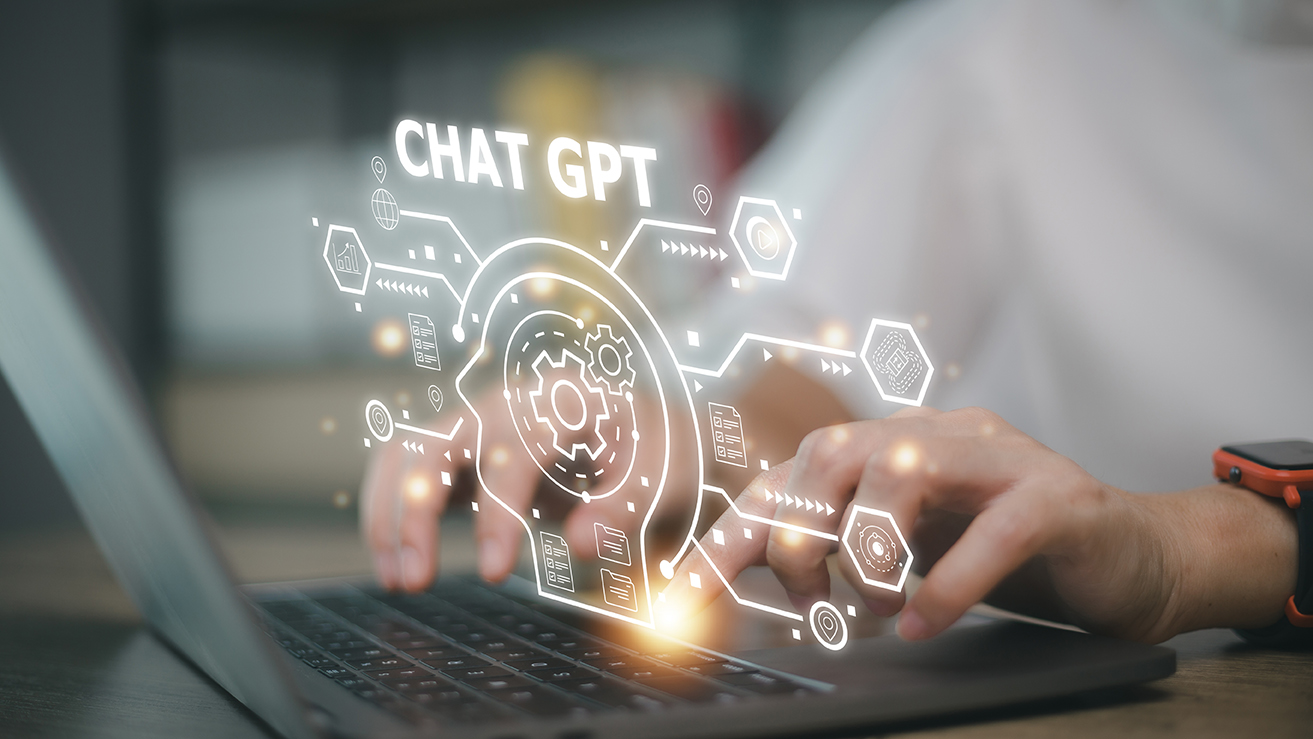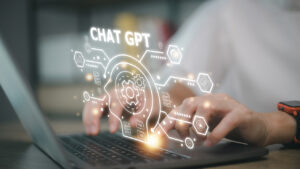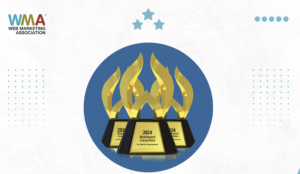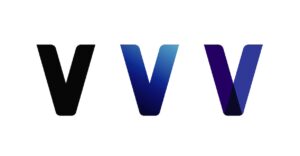By Ashley Donayre –
As a professional in the field of medical copywriting, the looming threat of obsolescence in the face of emerging AI-powered language models such as ChatGPT has been a subject of grave concern. I imagine how clever headlines, persuasive language, and catchy taglines will be replaced by a cold, clinical algorithm that had limitless access to its own internal thesaurus which could churn out fanciful copy in mere seconds. However, after some consideration, I have convinced myself that ChatGPT and other emerging language models are unlikely to replace my job entirely—at least not in the near future.
Emotional intelligence: While ChatGPT can certainly generate volumes of coherent text, it lacks the creativity and emotional intelligence that human writers bring to the task. Writing effective advertising copy involves much more than conveying factual information about a product; it requires the ability to connect with the audience on an emotional level—playing on anxieties and appealing to desires. These emotional appeals are difficult to replicate with a purely computational approach, as they require a deep understanding of human psychology and culture. For example, ChatGPT couldn’t develop the double entendre of the emotionally charged “Prescribed to Death” campaign which not only raised awareness but helped destigmatize opioid addiction with an award-winning empathetic approach that placed a real patient face on every deadly pill.
This is what currently sets the human medical copywriter apart from the AI writer, the fact that we have the ability to link outcomes from 2-dimentional data sets to the quality of a 3-D life. By promoting scientific findings with precision that resonate on a deeper emotional and psychological level, we can evoke transformative feelings—humor, tragedy, fear, and hope—to break down barriers, build trust, change perceptions, and ultimately change behavior.
Data savvy: The regulatory landscape of pharmaceutical advertising is highly complex and tightly regulated—this is another area where ChatGPT currently falls short. Regulatory compliance is an essential aspect of pharmaceutical advertising as it is heavily regulated by the FDA as well as individual legal/regulatory governing bodies within each pharmaceutical company. Medical copywriters must navigate a complex web of legal and ethical guidelines that dictate what claims can and cannot be made about a brand’s efficacy and safety—including off-label promotion, fair balance, and risk communication. Additionally, it requires an intimate knowledge of the scientific literature, discerning between primary studies and review analyses, as well as an understanding of the broader political and economic context in which the drug is being marketed.
Although we could argue that ChatGPT can certainly learn these regulations, it lacks the ability to interpret and apply them in a nuanced way. When it comes to promotional copy in pain management, for example, ChatGPT would not be able to discern the different regulatory environments and “societal rules” that now surround opioids versus other pain relievers like NSAIDs and gabapentinoids—both of which have their own communication limitations. The current headline for OxyContin on the physician website is simply, “There’s a lot to consider when prescribing an extended-release opioid” versus the latest one for the celecoxib NSAID now marketed by Viatris “Move forward with CELEBREX.” To be actively competitive at this juncture, ChatGPT would need to develop copy that not only met promotional objectives but stayed within the ever-evolving regulatory guidelines and societal ethics.
Strategically positioned: In pharmaceutical advertising, strategy is paramount and forms the larger “umbrella” under which all brand objectives lie. Medical copywriting is just one piece of this much larger puzzle that involves competitive analysis, strategic positioning, creative branding, and market research to effectively differentiate the brand in the marketplace. As such, effective medical copywriting is not just a matter of stringing together convincing sentences, it requires a deep understanding of the strategic objectives of the brand’s marketing campaign, as well as the competitive landscape in which the brand is being promoted.
ChatGPT may be able to communicate every known fact about a particular brand, but it is not capable of producing compelling advertising messages that simultaneously understand the broader strategic objective. This strategy would include everything from unbranded disease-state awareness to the brand’s singular differentiating features as well as its position in the market and target audience. In other words, ChatGPT couldn’t come up with the compelling Viagra campaign that essentially rebranded impotence while simultaneously exciting and shaming the entire middle-aged male population into “artificial erection” with the little blue pill through coquettish “Let the Dance Begin” taglines and alpha male “Knowing What You’re Made Of” campaigns …just yet.
Embracing the enemy: Although I feel a bit more secure in my job as a medical copywriter, I have not balked at the new AI language models. Conversely, I use ChatGPT weekly to assist me with work that does not require scientific research, regulatory considerations, or emotional insight; to keep me amused with novel haikus I ask it to write even though they all rhyme (cringe); and above all, to keep me intimately connected to the evolution of my future competition.
Every year I become a better writer, so will ChatGPT.
Words flow like a stream,
I can help, but I can’t dream,
Your voice, unique theme.
—by ChatGPT






